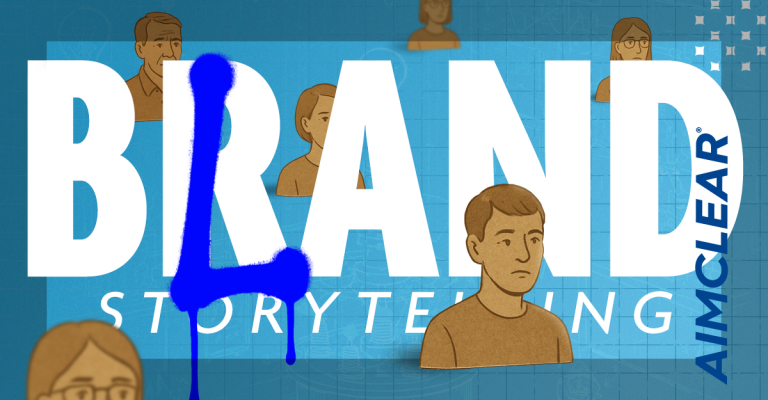Today’s panel at SES San Jose had a lively round table discussion on the ethics of white hat vs. black hat practices in social media. The outstanding cast of speakers featured (the never ghoulish) Lee Odden CEO of TopRank Online Marketing, Beth Harte Principal of Harte Marketing, Chris Bennett president and founder of 97th Floor and the notorious Dave Snyder co-founder of Search & Social.
The bottom line is- don’t be stupid, consumer trust is sacred and they can smell BS from a mile away.
Moderator Dave Evans of Digital Voodoo gave an excellent overview of proper use of Social Media. There isn’t a divine law regarding social media and proper practices, he said, BUT consumer trust is sacred. If you misuse social media the collective will find you- they are smart and can spot an outsider.
The panel seemed in agreement that “Black Hat” is pretty much BS- it’s either smart marketing or it’s dumb. Odden stated the intention of black hat practices is to get better results faster but marketers also need to manage risk. And the risk involved with deceiving with social media may not be easy to quantify monetarily but consumers lose trust.

He went on to say, “It’s all about the community accepting it. There’s no way to “GAME” social media– the users will kick it out if it’s no good.” Breaking these ethics of the community would be spamming it for links. Tsk tsk.
Ghost Writers- Not Black Hat But Not Good
Harte raised an excellent point- ghost bloggers and tweeters are deceptive in her eyes, “I don’t want to talk to a mouth piece. You want to know who you’re engaging with.” Odden agreed with the sentiment- if you’re trying to create a relationship then yes, disclose and be honest but if your avatar is just pumping out corporate information which the community accepts then that’s ok. Ghost bloggers aren’t considered black hat though- so where’s the line?
Are SEOs and PR firms who provide this service for their clients screwed?
A counter argument brought up by Bennett. No. Each platform is different and you can’t leverage it unless you know it and this is where social marketers excell. Snyder explained that SEOs act as a bullhorn, “we’re not the voice, we’re just giving them the tools and teaching people how to utilize the platform to communicate.”
To overcome the ghost writer no-no Harte suggested brands create a voice within their company by assessing its employees. Find your gems that can write, are social and have personality. It’s best to start internally and work your way out.
Who’s To Blame?
The next heated discussion, raised by Snyder, circled around blaming the platforms for enabling the spammy evil doers. Twitter- if you want to make the media better stop spammers. “But are you going to blame the telephone for calling you at dinner?” asked Odden, no, that would be silly.
Should Twitter do something about spammers? Isn’t it their job? Snyder hypothesized that Twitter doesn’t want to kill spam bots because they want to be acquired and a social media platform gets acquired by having massive amounts of profiles so they let the spammers loose. It makes sense.
In the end, the panel was mostly agreed, some more robustly than others, that “black hat” should be dead. Yes, there are ethics when it comes to social media but who’s to say what’s right or wrong? The community decides what it wants or doesn’t want and generally it will police itself.








